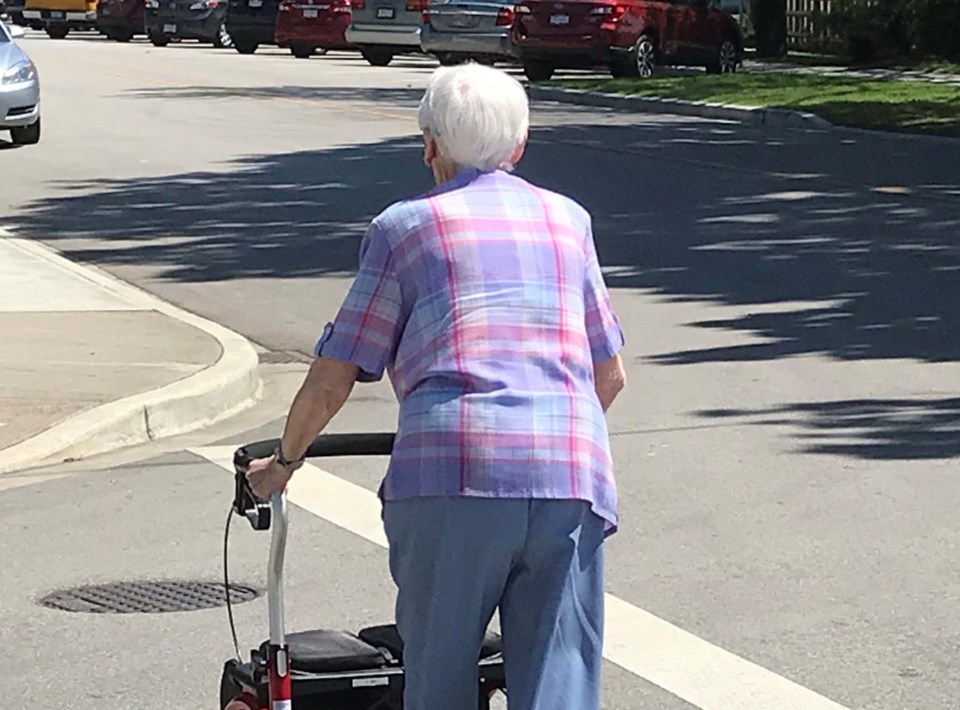The City of Delta wants to develop an age-friendly action plan focused on supporting seniors.
At the June 27 council meeting, civic politicians endorsed a staff recommendation to apply for a $25,000 grant to the BC Healthy Communities (BCHC) Age-friendly Communities Grant Program to help Delta develop a plan, aimed at better supporting older adults age-in-place, living active, socially engaged and independent lives.
The grant program is delivered by BCHC in partnership with the BC Ministry of Health.
Grants are offered in two funding streams with a first phase involving planning, while a second phase involves projects. Delta applied for a grant for the first phase.
If the grant application is successful, the city will retain a consultant to complete an age-friendly assessment and develop an age-friendly action plan, consistent with the goals and objectives of Delta's Social Action Plan.
A report to council notes population aging is a major issue that is impacting all communities.
By 2031, an estimated 25 per cent of the province’s population will be over the age of 65.
Delta has a high proportion of seniors, with 20.5 per cent of the population in 2021 being aged 65 and over, up from 18.7 per cent in 2016, according to the latest Statistics Canada data.
In comparison, for Canada, the proportion of seniors was 19 per cent in 2021.
According to the draft Delta Social Action Plan report, between 2006 and 2016, the most significant population increase in the city was among those between 65-and-84 years of age.
While Tsawwassen has a higher proportion of those aged 65 and over compared to Ladner and North Delta, North Delta accounts for more than 42 per cent of all senior residents in Delta, according to that report.
Meanwhile, since 2013, income has decreased by 6.3 per cent for B.C.'s seniors, while close to nine per cent of seniors in Delta live in poverty, comparable to the provincial average poverty rate for seniors.
That report also notes older residents increasingly prefer to stay in their own homes in their own communities and municipalities and the not-for-profit sector plays an important role in enabling seniors to age-in-place.
The report also notes that a large proportion of Delta's low-income seniors is concentrated in North Delta, including up to 22 per cent in select neighbourhoods.
Seniors living on limited incomes have been affected by increased costs of living and limited access to essential services, such as home support.
The draft social action plan also asks how the city can support seniors to age-in-place and live active lives, as well as enhance community capacity to support vulnerable seniors.
The draft plan suggests the city develop a Delta age-friendly strategy as well as partner with other levels of government, developers and non-profit housing providers to expand the availability and variety of affordable and supportive housing.



